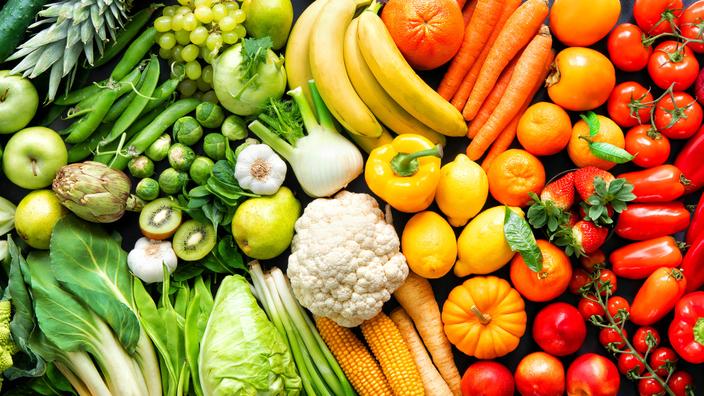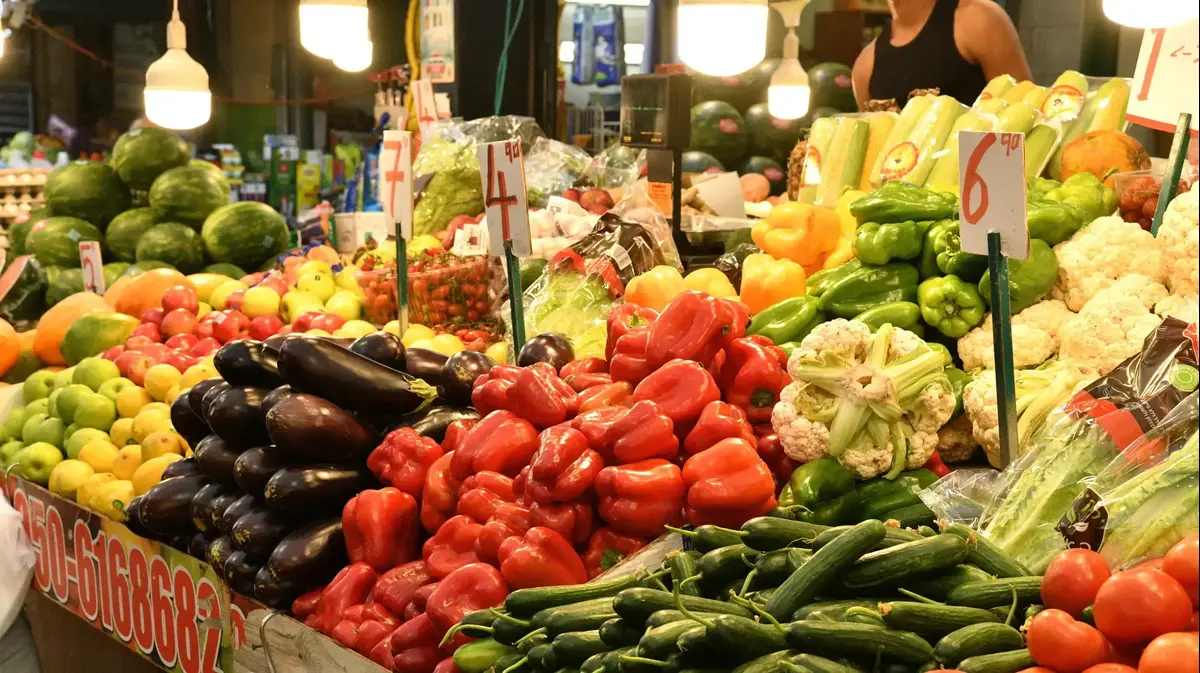They are omnipresent in supermarkets: fruits, vegetables often sold in very small quantities but in sometimes very bulky plastic packaging.
Following the anti-waste law of 2020, this practice will be prohibited from January 1, 2022, but there will be temporary exceptions, while the sectors concerned adapt.
The decree, which the Minister of Ecology, Barbara Pompili, must sign this Tuesday, lists it, revealed by the
Journal du Dimanche
.
Read alsoOctober: what are the seasonal vegetables and fruits?
The ban from January 1, 2022 will apply to leeks, zucchini, eggplants, peppers, cucumbers, potatoes and so-called "
normal
"
carrots
, round tomatoes, onions and turnips "
normal
", cabbage, cauliflower, squash, parsnips, radishes, root vegetables, Jerusalem artichokes.
And on the fruit side: apples, pears, bananas, oranges, clementines, kiwis, tangerines, lemons, grapefruits, plums, melons, pineapples, mangoes, passion fruits and persimmons.
On the other hand, the decree provides for two categories of exceptions: first, fruits and vegetables sold in batches of 1.5 kilograms or more;
then, those "
presenting a risk of deterioration during their sale in bulk
", explains the JDD.
We find in particular raspberries, strawberries, red currants, blueberries, as well as “
ripe fruits
” (appellation contrôlée) and sprouted seeds.
Manufacturers have until June 30, 2026 to find an alternative solution.
The deadline is, however, shorter for salads, spinach, endives, asparagus and mushrooms (December 31, 2024), as well as for ribbed tomatoes, peaches and nectarines (June 30, 2023).
Read alsoWhen a parking lot in Paris is used to deliver fruit and vegetables
Today, 37% of fruits and vegetables are sold packaged.
With this law, they should almost disappear by 2026, the only exception being for processed fruits and vegetables which are not affected by the ban decree.
More broadly, the objective of the climate and resilience law is that 20% of large and medium-sized products be sold in bulk by 2030, against 1 to 3% today.












